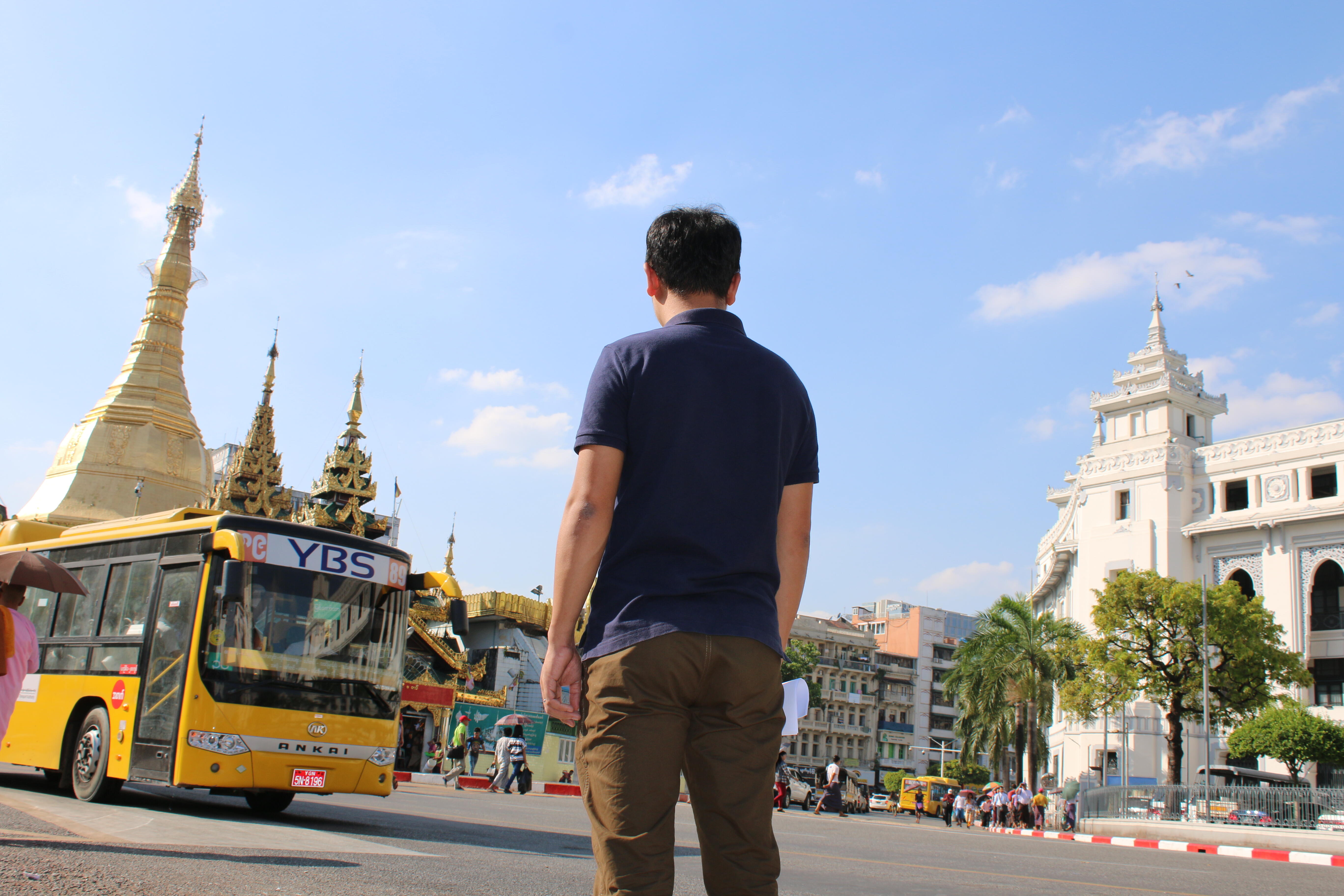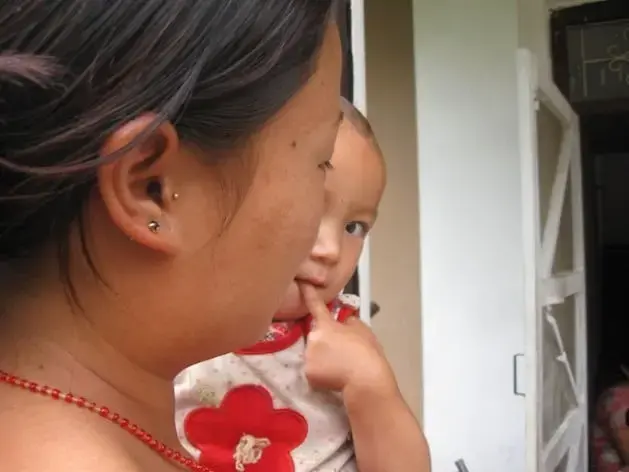YANGON, Myanmar – “If I had known about safe sex in my teens, my life would never have turned out this way”, says 21-year-old Sithu*, who contracted HIV when he was only 19.
Sithu was always a diligent son. He dreamt of finding a good job in one of Myanmar’s neighboring countries to support his parents. After completing high school he pursued a university degree. Life was good. Until the day he was given the terrifying news that he was HIV positive.
“The first thing that come to my mind was to take my own life. I could not believe that this was happening to me. Why me?”
“My soul still aches”
Sithu was just a teenager at the time. He had only been sexually intimate twice in his life, both times unprotected. Because he never received any sexuality education in school or outside of school, he did not know that he was putting himself at risk by not using a condom.
When Sithu realized that he had genital warts, which is a very common sexually transmitted infection, he went to his local clinic for help. It was there that he was tested for HIV and was told that he had contracted the virus.
When Sithu told the boy he had been intimate with about the test, their relationship came to an end. Sithu was left betrayed and abandoned.
“My soul still aches every time I think about what had happened to me two years ago. My last ray of hope was gone, and I was in despair for a long time.”
Young people have a right to information about sexuality
According to UNAIDS, an estimated 36,000 young people aged 10-24 years are living with HIV in Myanmar. Sithu’s story is an example of how the lack of comprehensive sexuality education makes young people in Myanmar vulnerable to HIV and other sexually transmitted infections.
This is true for all young people: boys and girls, and LGBTI and straight youth alike. And while some young people are at higher risk of contracting HIV – including young sex workers, youth who inject drugs, young men who have sex with men, and transgender youth – there are many dimensions the knowledge young people need in order to make informed life choices. Teenage girls, for example, are at risk of unintended pregnancy when they are sexually active.
Young people have a right to information about sexuality, love and health to be able to make decisions that are safe, and that they will not regret.
21-year-old Sithu has only just embarked on the on the process of coming to terms with living with HIV. He has encountered many challenges, disappointments and setbacks: job rejections, fear and failure of forming intimate relationships, and stigma in his social circle are but a few of these.
“It was really hard to let go of my dreams. I lost my confidence. It got worse when I learnt about the job rejection at a local bank due to my medical status. I keep thinking that my life wouldn’t have been this way if only I had known to protect myself.”
Comprehensive sexuality education is a cornerstone of HIV prevention
Comprehensive sexuality education protects the health, well-being and dignity of adolescents and young people, and it is a cornerstone of HIV prevention. In addition, comprehensive sexuality education empowers young people with information about how to avoid other sexually transmitted infections and unplanned pregnancy, and also about sexual violence.
In Myanmar, UNFPA advocates at policy level for rights based and gender-responsive comprehensive sexuality education for young people in and out of school.
On the ground, UNFPA works with local partners to increase young people’s access to sexual and reproductive health information and services, including for HIV, and to legal assistance for young people living with HIV. A key partner is Myanmar Youth Star, which reaches young people in schools as well as through peer-education and community-based training and outreach.
“I have decided to become a school teacher”
Through several local support organizations, Sithu was able to gain access to antiretroviral treatment, which can result in an undetectable viral load and slows down the progression of the infection. He also learnt about protection and safety during sex, not just for himself, but also for his future partners. In addition, he received the information, assistance and peer-support he needed to start re-building his life.
“I am once again able to find my purpose. The empowerment program helped restore my confidence and to love myself unconditionally. There is a new light in my life. For that, I am thankful for the training and also to my friends who are supporting me through this.”
“Now I have decided to become a school teacher. What I have been through cannot be reversed, but I want to share my story to save other young people. I want to provide awareness and sex education to as many adolescents and young people as possible. This is very important and very urgent.”
*The name has been changed to protect privacy.
The theme of World AIDS Day 2018 is Know Your Status, a focus on HIV testing. To know more, visit knowyourstatus.unaids.org




